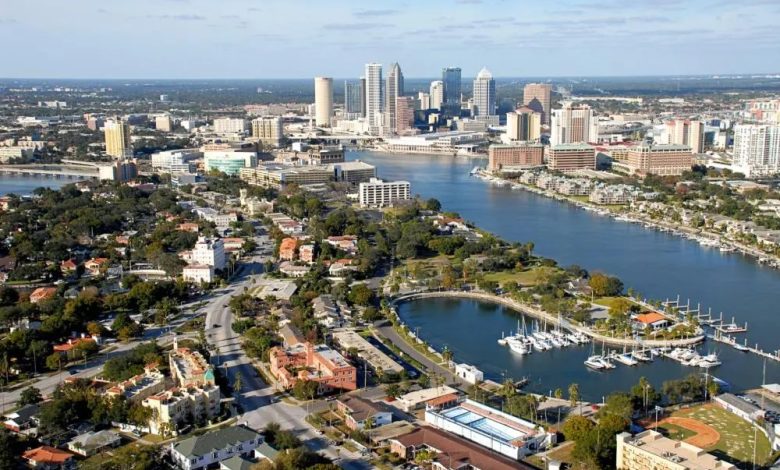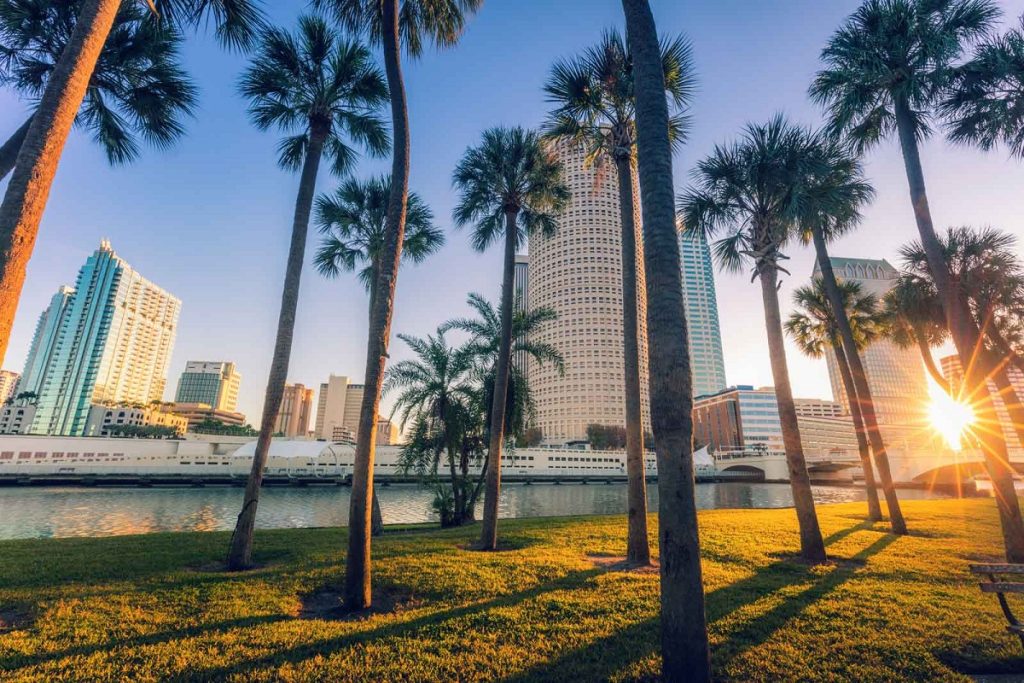Muslim Life in Tampa, Florida: A Growing and Vibrant Community
How Tampa’s Muslim residents are shaping the city’s culture, economy, and interfaith landscape.

Tampa, located on Florida’s beautiful Gulf Coast, is home to one of the largest Muslim populations in the state. Over the past four decades, the Muslim community here has flourished — building mosques, schools, and thriving businesses that reflect both spiritual depth and cultural diversity.
Muslims in Tampa come from a range of backgrounds — Arab, South Asian, African, African American, and Bosnian — creating a rich cultural blend that contributes to the city’s dynamic character.
1. A Historic and Established Muslim Community
The roots of Tampa’s Muslim community stretch back to the 1970s and 1980s when families from different countries began settling in the area for educational and economic opportunities. Over the years, the community expanded rapidly, establishing a strong religious and social infrastructure.
Tampa now has more than 10 mosques and Islamic centers, serving thousands of residents. Some of the most prominent include:
-
Islamic Society of Tampa Bay Area (ISTABA) – one of the largest and most influential Islamic centers in Florida, located in Temple Terrace. It includes a mosque, school, and community center that hosts lectures, youth events, and charity drives.
-
Tampa Bay Muslim Alliance (TBMA) – coordinates interfaith efforts and social programs.
-
Masjid Omar Al-Mukhtar, Masjid As-Salaam, and Masjid Al-Qassam – serving various local neighborhoods with daily prayers and Quran classes.
These centers have not only become places of worship but also hubs for education, youth programs, and humanitarian work.

2. Education and Youth Engagement
Tampa’s Muslim community places a strong emphasis on Islamic education.
-
The Universal Academy of Florida (UAF), founded by local Muslim families, is one of the top Islamic schools in the state, offering K–12 education that combines academic excellence with Islamic values.
-
Quran and Arabic programs are offered in most mosques, and local universities — especially the University of South Florida (USF) — have active Muslim Student Associations (MSA) that organize community service, lectures, and Ramadan iftars.
Tampa’s youth are deeply engaged, helping bridge generational and cultural gaps through education and civic involvement.
3. Halal Food and Muslim-Owned Businesses
The city offers a wide range of halal food options, reflecting the community’s diversity.
Popular halal restaurants in Tampa include:
-
Petra Restaurant – serving Middle Eastern cuisine.
-
Zeko’s Mediterranean Grill – known for halal shawarma and gyros.
-
Top Nice Jamaican Restaurant – offering halal Caribbean dishes.
-
Aladdin Mediterranean Grill, Kababji, and Curry Leaves – favorites among students and professionals alike.
There are also several halal markets such as Bismillah Groceries, Sultan Market, and Al-Aqsa Supermarket, providing imported goods, spices, and fresh halal meats.
4. Interfaith Relations and Civic Participation
Tampa’s Muslim community is highly engaged in interfaith and civic work, helping build understanding and solidarity across faiths.
Local Muslim leaders regularly collaborate with churches, synagogues, and nonprofit organizations through initiatives like:
-
Interfaith Tampa Bay
-
Council on American-Islamic Relations (CAIR) Florida – Tampa Chapter
-
Feeding Tampa Bay partnerships, where Muslims contribute to charity efforts and food drives.
These activities have helped portray Tampa’s Muslims as active, compassionate citizens, deeply involved in improving local society.
5. Ramadan, Eid, and Cultural Events
Ramadan in Tampa is a major community celebration. Mosques host daily iftars, night prayers (Taraweeh), and community charity events.
-
Large Eid prayers are held at the Florida State Fairgrounds, drawing thousands of worshippers.
-
Cultural events such as the Tampa Muslim Heritage Festival showcase Islamic art, food, and traditions — open to all residents.
These gatherings highlight unity, joy, and the growing visibility of the Muslim community in the region.

6. A City That Welcomes Diversity
Tampa’s reputation for hospitality, multiculturalism, and opportunity makes it a natural home for Muslims. The city government has shown openness toward diversity, while local schools and universities celebrate cultural awareness.
Many Muslim families choose Tampa for its affordable living, warm climate, and safe neighborhoods, particularly in areas such as Temple Terrace, Brandon, and Carrollwood, where Muslim-owned businesses and schools thrive.
Conclusion: A Model of Growth and Coexistence
The Muslim community in Tampa, Florida, is a model of faith, integration, and progress. From education and business to civic engagement and interfaith dialogue, Muslims here are contributing meaningfully to every layer of society.
As Florida continues to grow, Tampa stands out as a shining example of how faith and diversity can thrive together — a place where Muslim families can live proudly, practice freely, and help shape the future of the Sunshine State.



